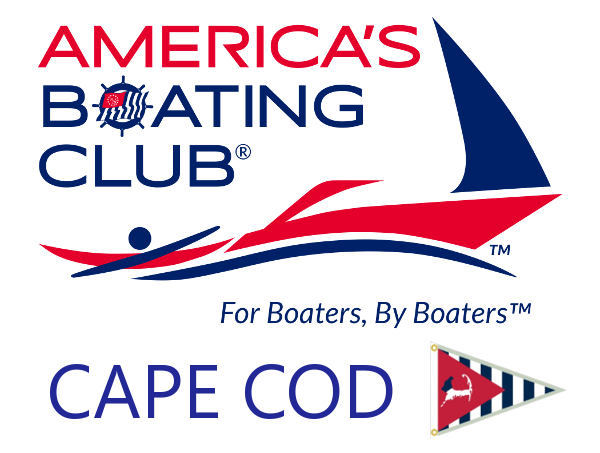Click on the ‘+’ next to any section for more details.
Designed for members who plan to cruise for just a day or for a year – in either a sail or powerboat – this course covers the following topics:
- Cruise preparation and planning;
- Boat and equipment;
- Anchors and provisioning;
- Voyage management;
- Communications;
- Navigation;
- Weather;
- Emergencies.
The manual is a ring-binder suitable to be carried on your boat. As a class exercise we will plan a week-long cruise from Sandwich Boat Basin with stops at Hadley’s Harbor, Cuttyhunk, Block Island, Newport, Fairhaven, with return via the Cape Cod Canal to the Sandwich Boat Basin.
The principles, maintenance and repair of marine gasoline and diesel engines, cooling, electrical, fuel, and lubricating systems and associated propulsion components such as clutches, shafting and propellers. Since one of the major objectives of the course is to help the student become more self-reliant afloat, trouble diagnosis and temporary remedies are emphasized along with safety measures. The course is not intended to produce trained mechanics but rather more intelligent and more resourceful boat engine operators.
Teaching methods focused on adult learning. The course includes practice assignments in preparation and delivery of presentations in the classroom, including the use of visual and other teaching aids. Each presentation is given on a topic from one of the public boating classes with the intent that upon completion of the course every student will be qualified to teach or proctor at a squadron boating class. Successful completion results in Instructor Certification which is required to instruct courses provided to the public.
The Marine Electrical Systems course is presented in nine sessions that start with an explanation of what electricity is, followed by discussions on boat electrical wiring, DC and AC electrical systems, galvanic and stray current corrosion, lightning protection, and ends with troubleshooting of boat electrical problems.
The course includes detailed instructions on how to use a multi-meter, how to solder and crimp electrical wiring circuits, and how to read electrical wiring diagrams. This course can be used as a reference guide for anyone interested in properly maintaining their boat electrical system.
Introduction to Sail provides basic skills and knowledge that serves the needs of the novice and experienced sailor, as well as the non-sailor. The course starts with basic sailboat designs and nomenclature, rigging, safety, and sail processes and then tackles the physical aspects of sailing forces and techniques, sail applications, marlinespike, helmsmanship and handling of more difficult sailing conditions,
navigation rules, and an introduction to heavy weather sailing.

